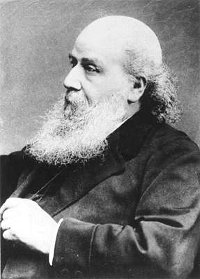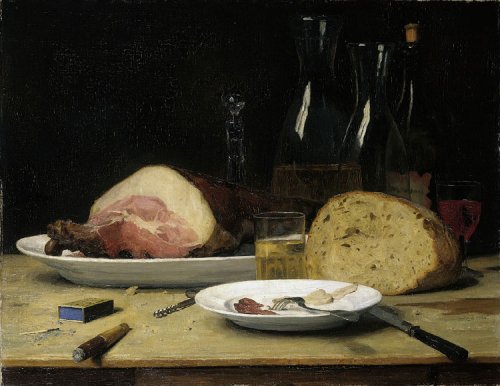Sir John Cutler had pair of silk stockings, which his housekeeper, Dolly, darned for a long term of years with worsted; at the end of which time, the last gleam of silk had vanished, and Sir John’s silk stockings were found to have degenerated into worsted. Now, upon this, a question arose amongst the metaphysicians, whether Sir John’s stockings retained (or, if not, at what precise period they lost) their personal identity. The moralists again were anxious to know, whether Sir John’s stockings could be considered the same ‘accountable’ stockings from first to last. The lawyers put the same question in another shape, by demanding whether any felony which Sir John’s stockings could be supposed to have committed in youth, might legally be the subject of indictment against the same stockings when superannuated; whether a legacy left to the stockings in their first year, could be claimed by them in their last; and whether the worsted stockings could be sued for the debts of the silk stockings.
— Thomas de Quincey, “Autobiography of an English Opium-Eater,” from Tait’s Edinburgh Magazine, September 1838


